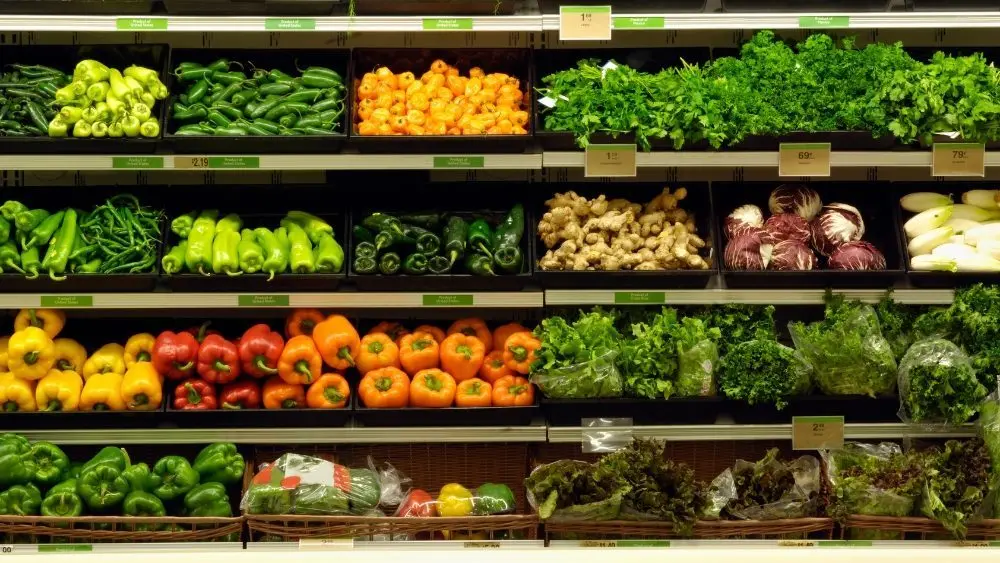
WASHINGTON – The Canadian Produce Marketing Association (CPMA) and the International Fresh Produce Association (IFPA), joined by more than a dozen other representatives of the North American fresh fruit and vegetable sector, are urging the leaders of the United States, Mexico, and Canada to swiftly resolve ongoing tariff disputes that threaten the affordability, accessibility, and stability of fresh produce supplies across the continent.
In a joint letter addressed to U.S. President Donald Trump, Mexican President Claudia Sheinbaum, and Canadian Prime Minister Mark Carney, the groups stressed the interdependence of the North American produce supply chain and the severe consequences tariffs impose on growers, exporters, retailers, and consumers.
“The fresh produce supply chain is one of the most deeply integrated in the world, with cross-border trade between our nations ensuring year-round access to healthy fruits and vegetables,” said IFPA CEO Cathy Burns. “Consistent access to safe, nutritious produce is essential to addressing chronic health challenges. Tariffs on these vital goods disrupt that balance—driving up grocery costs, reducing availability, and placing significant strain on the businesses that grow, ship, and deliver our food.”
“The stability of the North American fresh produce market is paramount. Canada’s industry is inextricably linked with our trading partners; any disruption directly impacts our growers, supply chains, and ultimately, consumer access and affordability,” stated Ron Lemaire, President of the Canadian Produce Marketing Association. “We stand with our domestic and global colleagues in demanding that leaders prioritize swift and collaborative resolution to safeguard the continental supply of fresh produce.”
In 2024 alone, Canada imported nearly $5.5 billion in fresh produce from the United States and $3 billion from Mexico. Meanwhile, the United States imported over 24 billion pounds of fresh produce from Mexico—valued at $19.6 billion—and exported more than $1.7 billion into Mexico. These figures illustrate the tight-knit and mutually beneficial trade relationships that have long supported regional food security and public health.
While the associations acknowledge each country’s right to address unfair trade practices, they caution that tariffs on perishable goods cause immediate and disproportionate harm to the supply chain. The organizations are urging leaders to pursue a collaborative, long-term trade agreement that brings stability and predictability to the marketplace.
“Our organizations remain committed to supporting fair and open trade,” said Burns and Lemaire. “We stand ready to work with all three governments to reach a solution that protects consumers, ensures food security, and strengthens the agricultural economies of North America.”



